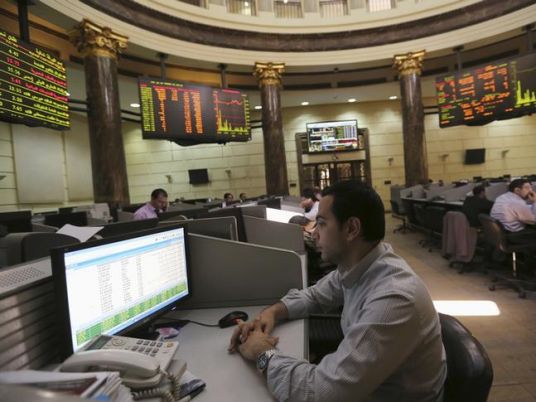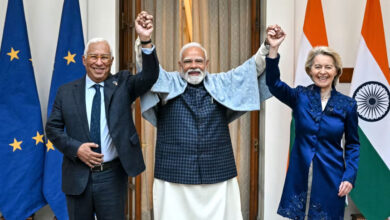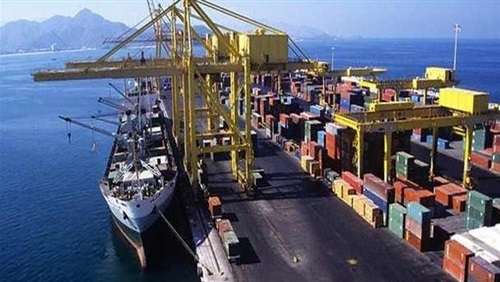
CAIRO, Sept 22 (Reuters) – Trading on Egypt’s stock exchange was suspended on Sunday after the EGX 100 dropped by five percent, a fall that analysts linked to protests which broke out in Cairo and other cities over the weekend.
It was the first suspension for such a sharp move in prices since 2016, when Egypt embarked on a three-year economic reform program backed by the International Monetary Fund, devaluing its currency and undertaking austerity measures.
When trading was suspended shortly after 1030 GMT, Orascom Investment had fallen by 9.89 percent , Ezz Steel sank by 9.91 percent and Pioneers had dropped 9.65 percent .
Orascom Construction fell by 8.04 percent and Palm Hills lost 9.63 percent .
“It is definitely due to the small escalation over the weekend, which is making investors cautious,” said Ashraf Akhnoukh, director at Arqaam Capital in Cairo.
He said sellers were mostly locals and Arab investors.
Before the latest selloff, Egyptian stocks had rallied this year on the back of economic growth and a recent interest rate cut. The benchmark index is up 8 percent so far this year.
On Friday, hundreds of people demonstrated in central Cairo and several other Egyptian cities against President Abdel Fattah al-Sisi, responding to an online call for protests against government corruption, witnesses said.
Small protests also took place in the city of Suez late on Saturday. On Sunday Al Arbaeen square, where riot police had fired tear gas at protesters, was closed to traffic, witnesses said.
Egypt’s economic reform program has won praise from economists and helped reduce the current account and budget deficits. In 2016 the index was suspended for a 5 percent rise as investor confidence returned at the start of the reform program.
But austerity measures including the introduction of a value added tax and higher energy prices have increased pressure on Egyptians, many of whom live in poverty.
Political protests have become rare due to a broad crackdown on dissent under Sisi, whose popularity has been dented by the austerity measures.
Sisi’s supporters say the crackdown was needed to stabilize Egypt after the 2011 uprising that toppled former President Hosni Mubarak.
Analysts said that although inflation has fallen recently, weak market sentiment may have contributed to Sunday’s sudden drop in share prices.
“People are a bit unsure whether this is something small and will pass or will snowball. I don’t think anything will happen. But (it) will change sentiment for sure,” said an Egypt-based banker, who declined to be named because they were not authorized to speak to the media. (Reporting by Ehab Farouk, Nadine Awadalla, Saeed Azhar and Hadeel Al Sayegh Writing by Lena Masri and Aidan Lewis Editing Raissa Kasolowsky, Dale Hudson and James Drummond)




